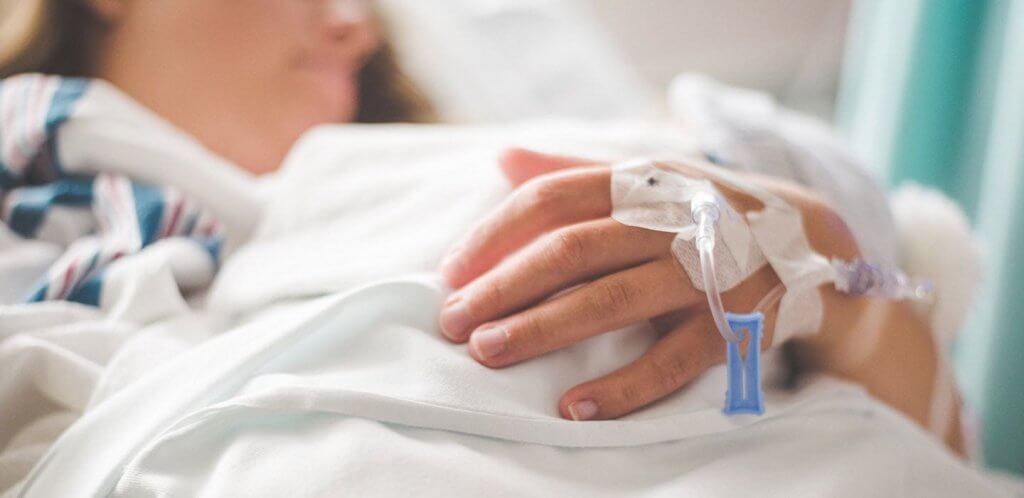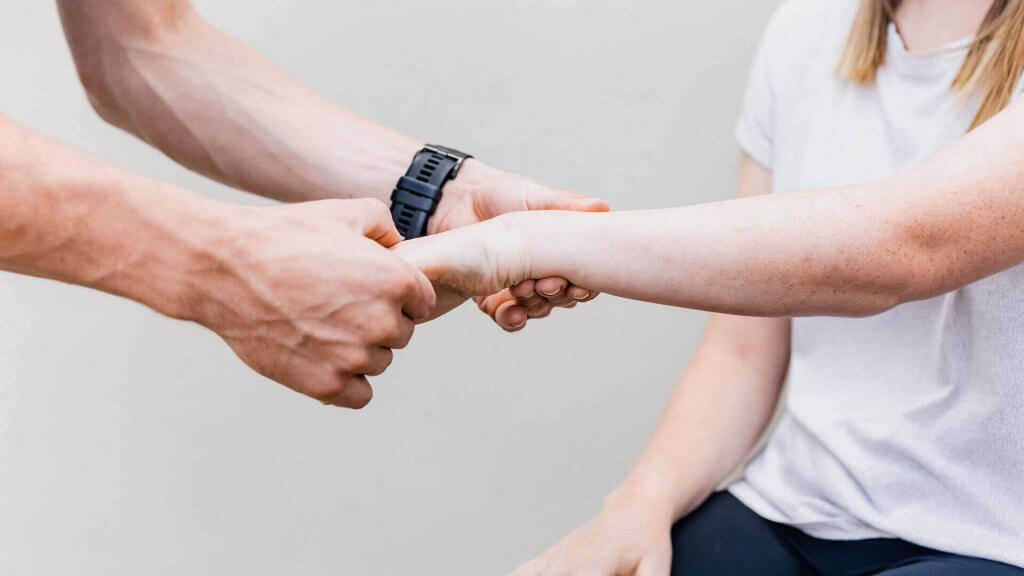Accidents can happen in the blink of an eye, forever altering our lives. One such life-altering incident is the loss of a fingertip, a seemingly small injury that can have far-reaching consequences. Beyond the physical pain and emotional trauma, there are hidden costs that often go unnoticed. If not available on the NHS, the financial burden of private medical bills, rehabilitation, and prosthetics can quickly pile up, leaving individuals and their families struggling to make ends meet. But it doesn’t stop there. The loss of a fingertip can also result in diminished earning potential, as certain occupations may become inaccessible. This is where compensation comes into play. It is about providing the necessary support to rebuild lives and restore a sense of normalcy. In this article, we will explore the hidden costs of a lost fingertip and why fair compensation is crucial in helping individuals navigate the challenges that arise from such an unfortunate incident.
Understanding the Hidden Costs of a Lost Tip of a Finger
Losing a fingertip may seem like a minor injury compared to more severe accidents, but the consequences can be profound. The loss of a fingertip not only affects the physical functioning of the hand but also has emotional and psychological implications. The fingertip is crucial for dexterity and fine motor skills, making everyday tasks that we often take for granted, such as typing, writing, or even buttoning a shirt, challenging or impossible.
Moreover, the psychological impact of losing a part of one’s body cannot be underestimated. The loss of body integrity can lead to feelings of disfigurement, self-consciousness, and even depression. The emotional toll can further exacerbate the physical challenges, making the road to recovery even more difficult. It is essential to recognize and address these hidden costs when considering the impact of a lost fingertip.
The financial implications of a lost fingertip can be significant, with medical expenses, rehabilitation, and adaptation costs quickly adding up. Additionally, the loss of a fingertip can result in a decrease in earning potential, as certain occupations may no longer be accessible. These hidden costs are often overlooked but can have a lasting impact on the individual and their families. It is crucial to understand and acknowledge these costs when seeking fair compensation.
Financial Implications for Individuals and Families
When an accident results in the loss of a fingertip, the immediate focus is often on medical treatment and recovery. However, the financial implications can be overwhelming. Loss of earnings can be significant and the cost of travelling to see specialists can quickly stack up, including physiotherapy visits, GP surgeries, and ongoing care. Prosthetics may be available and rehabilitation using the NHS but private costs can also be significant, especially considering the need for specialized devices and therapies to regain functionality.
Furthermore, the loss of a fingertip can lead to a decrease in earning potential. Certain occupations, such as those that require fine motor skills or manual dexterity, may no longer be feasible. This loss of income can have a ripple effect on the individual’s financial stability, affecting not only their ability to cover medical expenses but also their overall quality of life and the well-being of their families.
The Importance of Compensation for Lost Wages
Compensation for lost wages is a crucial aspect of fair compensation for the loss of a fingertip. When an individual is unable to work or must transition to a different occupation due to the injury, they experience a direct impact on their earning potential. This loss of income can be devastating, especially if the individual was the primary breadwinner or had a high-paying job that is no longer accessible.
Fair compensation should not only cover the immediate private cost of medical expenses but also account for the long-term financial consequences. It should take into consideration the individual’s earning potential, including any future promotions or career advancements that may have been impacted by the loss. By providing fair compensation for lost wages, individuals can have the financial support they need to rebuild their lives and secure their future.
Medical Expenses and Ongoing Care
If not available on the NHS, the medical expenses associated with a lost fingertip can be substantial. From the initial emergency room visit to surgeries, consultations, and ongoing care, the costs can quickly add up. Additionally, prosthetics and specialized rehabilitation services may be necessary to restore functionality and adapt to the new circumstances.
It is crucial for individuals and their families to have access to the necessary medical resources without the burden of financial strain. Fair compensation should cover not only the immediate medical expenses but also account for any ongoing care, including follow-up appointments, physical therapy, and potential future treatments or adjustments
Psychological Support and Therapy
The loss of a fingertip can have a profound psychological impact on individuals. The sudden change in body image and the challenges associated with adapting to a new way of life can lead to feelings of anxiety, depression, and even post-traumatic stress disorder (PTSD). It is essential to address these emotional and psychological needs as part of the recovery process.
Fair compensation should include provisions for psychological support and therapy. This can involve counselling sessions, support groups, and access to mental health professionals who specialize in trauma and rehabilitation. By providing the necessary psychological support, individuals can better cope with the emotional challenges and improve their overall well-being.
Rehabilitation and Adaptation Costs
Rehabilitation and adaptation are crucial aspects of recovery after losing a fingertip. The loss of a fingertip can require individuals to learn new ways of performing everyday tasks and adapt to the changes in their physical abilities. This often involves specialized rehabilitation services, occupational therapy, and the use of prosthetics or assistive devices.
These rehabilitation and adaptation costs can be significant, both in terms of financial expenses and time commitment. Fair compensation should include provisions for these costs, ensuring that individuals have the resources they need to adapt to their new circumstances and regain as much functionality as possible.
Legal Considerations and the Role of Personal Injury Solicitor
Navigating the legal aspects of seeking fair compensation for a lost fingertip can be complex. Personal injury Solicitors specializing in workplace accidents and injuries can play a crucial role in advocating for individuals’ rights and ensuring they receive the compensation they deserve. These Solicitors have the expertise to navigate the legal system, gather evidence, negotiate settlements, and protect the individual’s interests throughout the process.
By working with a personal injury Solicitors, individuals can focus on their recovery while having peace of mind knowing that their legal rights are being safeguarded. A skilled Solicitor can help individuals understand their options, guide them through the legal process, and fight for fair compensation on their behalf.
The Societal Impact of Workplace Accidents and Compensation
Workplace accidents resulting in the loss of a fingertip not only impact individuals and their families but also have broader societal implications. These accidents can highlight the importance of workplace safety and the need for preventive measures to avoid such incidents. By providing fair compensation to those affected, society acknowledges the costs and consequences of workplace accidents, reinforcing the value of worker safety and well-being.
Furthermore, fair compensation can help individuals rebuild their lives and reintegrate into society. By providing the necessary financial support, medical resources, and emotional care, individuals can overcome the challenges they face and contribute to their communities in meaningful ways. This societal impact underscores the significance of fair compensation in fostering a more inclusive and supportive society.
Conclusion: The Need for Fair Compensation and Support for Those Affected by a Lost Tip of a Finger
The hidden costs of a lost fingertip extend far beyond the immediate physical and emotional consequences. The financial burden, diminished earning potential, and psychological impact can have long-lasting effects on individuals and their families. Fair compensation is crucial in providing the necessary support to rebuild lives, cover medical expenses, and ensure a sense of normality.
By recognizing the hidden costs and providing fair compensation, society can help individuals navigate the challenges that arise from such an unfortunate incident. This includes compensation for lost wages, medical expenses, psychological support, rehabilitation, and adaptation costs. By addressing these needs, we can create a more compassionate and inclusive society that values the well-being and recovery of all its members.
If you think one of our Experienced Personal Injury Solicitors can help you, please tell us your story by telephoning us FREE on 0800 0747 644, and have a no obligation chat about your claim to see if we can help you obtain the compensation you deserve. It cost nothing to find out if you will have a successful claim and you may have a lot to gain.





